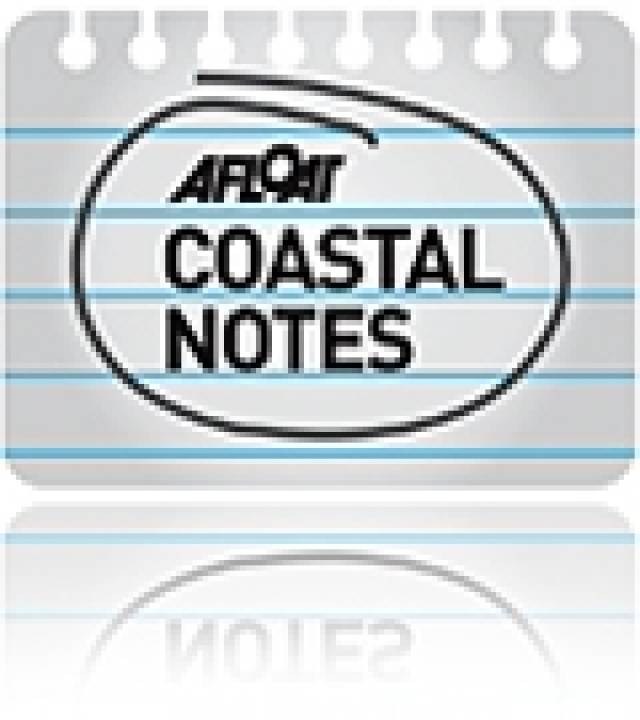The serious impact of jellyfish swarms on coastal economies was described by Dr Tom Doyle of the Coastal & Marine Resources Centre at University College at a recent Beaufort Marine Socio-Economic Workshop at the Marine Institute.
Once considered unimportant as a factor in coastal economies, jellyfish are now playing increasingly significant roles in coastal ecosystems and processes. This has happened due to regular occurrence of jellyfish blooms around the coast of Ireland with negative consequences for tourism, fishing, and fish farming.
“In 2005 people were simply afraid to get into the water around Dublin because of blooms of the dangerous ‘Lion’s Mane’ jellyfish,” said Dr Doyle. “And the emergence of ‘open water swimming’ as part of triathlons means that more and more swimmers can potentially come into contact with these animals.”
But jellyfish are not only a threat to swimmers. Large swarms of jellyfish were responsible for the destruction of an entire fish farm’s stock of salmon, worth £1 million, in Glenarm, Northern Ireland in 2007.
Fishermen too are noticing the problem as their nets become clogged with masses and masses of jellyfish on an increasingly regular basis. “Not only do the jellyfish clog the nets and make them less efficient, but the increased cost of labour in removing them, not to mention the danger of capsize as smaller boats attempt to pull in their bulging nets, or the painful stings encountered in removing them, are making jellyfish a serious threat to fishing during times when they occur,” said Dr Doyle. “I know of one example when the sheer weight of jellyfish in a pair-trawl off Dublin was large enough to physically stop the boats pulling it in their tracks.”
Dr. Doyle suggests that increasing seawater temperatures related to climate change, increased eutrophication in coastal waters and overfishing may have contributed to their increase in recent years. “As we continue to remove enormous amounts of fish from the sea, we can open up ‘ecological space’ for jellyfish to fill, as the removal of such fish provides more food (zooplankton) for jellyfish” he said.
Dr Doyle is currently involved in an EU project ECOJEL project, to track the migration of jellyfish in European waters and better understand their movements and overall ecology as well as the Marine Institute NDP-funded project GILPAT that is examining the effect of jellyfish on farmed salmon.
Further information on these projects is available at www.jellyfish.ie































































